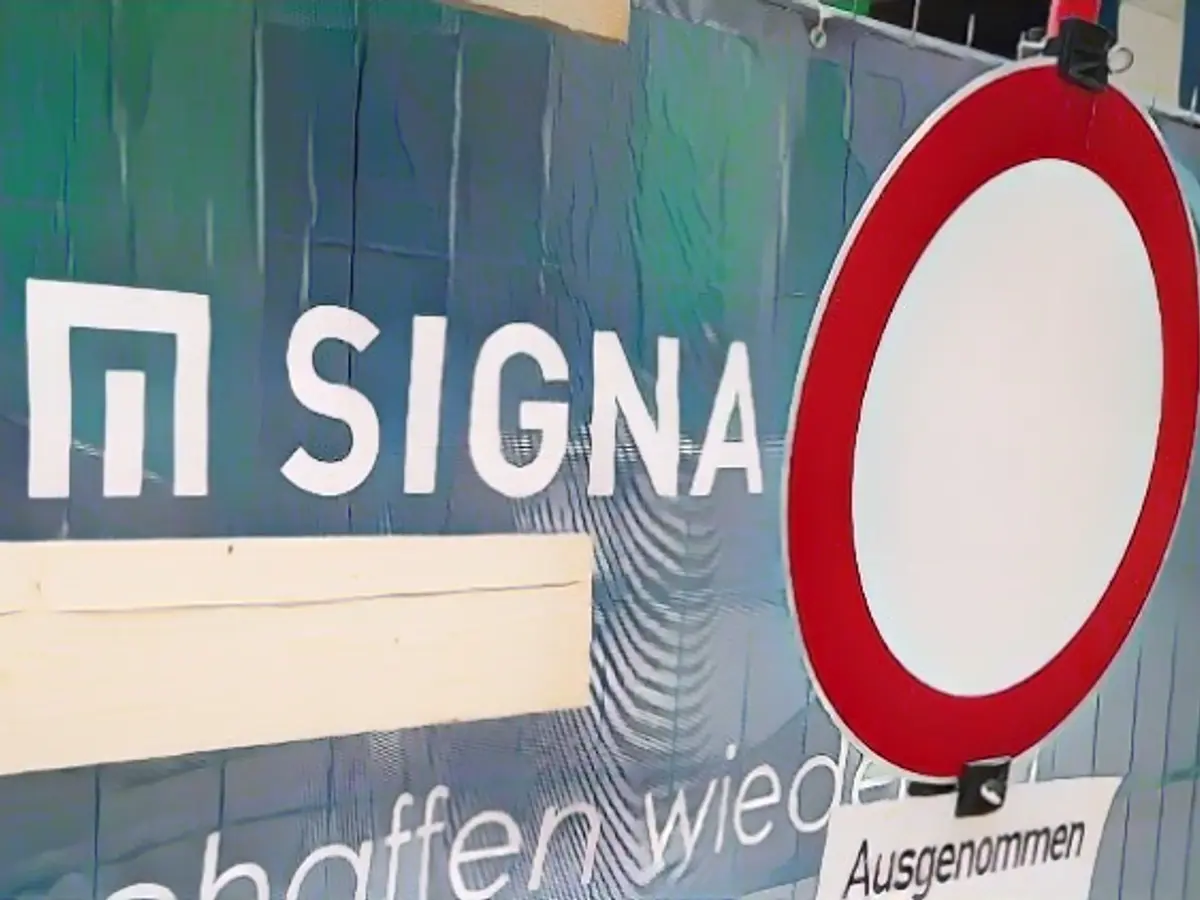Insuring Trouble for German Titans as Signa Goes Up in Smoke
Insurance giants, including Allianz and Munich Re, are hanging onto a self-inflicted inferno with Signa Holding's collapse. New reports suggest the insurance industry has burned through three billion euros backing René Benko's flagging empire.
The financial fallout from Signa's insolvency is causing ripples throughout the financial landscape. Insiders disclose to the "Financial Times" that Signa not only backed loans from big names like Julius Bär and Unicredit but also relied on financing from over half a dozen insurers.
Documents reveal that powerhouses such as Munich Re and Allianz funneled a combined three billion euros into René Benko's real estate projects, now perched precariously on the brink of failure. The sobering truth is that roughly a third of their exposure remains unsecured. "This is bound to be a major headache for some insurers," the "Financial Times" quotes one source. The publication coyly sidesteps disclosing which specific insurers have extended unsecured loans.
Dortmund-based Signal Iduna, a mid-tier player with a customer base of twelve million, is also rumored to have lent Benko's real estate kingdom a hefty loan nearing one billion euros. Though Signal Iduna declined comment to ntv.de on the extent of its involvement, they did clarify that the investments primarily involved loans secured by mortgages in A-list locations across major German cities and were adequately protected. Significant loan defaults are deemed an unlikely event.
Ergo Versicherung, a Munich Re subsidiary, and fourth-largest German insurance group R+V also extended loans valued at around 700 million euros and 500 million euros, respectively, to Signa. Allianz, Germany's largest insurance titan, ponied up loans totaling 300 million euros for a high-rise building purchase in Berlin by Signa in 2018. The publication is silent on the current repayment status or the specifics of other insurers' exposure to Signa's financial fiasco.
All companies declined requests for comment, while ntv.de inquiries to Ergo and Allianz were swatted away with references to confidentiality and speculation. Industry experts suggest that these investments were in fact loans, not risky private equity ventures. For the most part, the loans were secured by corresponding properties. However, some insurers might have engaged in risky speculation.
German financial regulator Bafin told "Financial Times" it was keeping tabs on the fallout. Bafin believes the threat is generally negligible in comparison to the total assets of individual insurers.
Past demand for insurance companies as alternative sources of funding can be partly attributed to the regulatory and interest rate environment, the newspaper reports, which made heavily regulated banks reluctant or unable to engage in certain transactions while insurance firms were awash with surplus cash due to the ultra-low interest rates.
By September, Signa Holding had amassed a mountainous debt pile of five billion euros, mostly incurred in the first nine months last year. Signa Holding filed for insolvency last month, with the total debt tally yet to be fully disclosed. More insolvencies in the Signa empire are expected within the week.
Additional Insights
- German insurers like Allianz and Munich Re have not been directly impacted by the insolvency of Signa Holding in monetary terms due to uncollateralized loans. They may, however, face indirect consequences in the form of investment losses, market volatility, and increased regulatory scrutiny.
Read Further
- Why EU Funding for Green Saar Steel Remains Elusive
- 3 Billion Saar Fund is Unconstitutional
- Politicians at a Loss after Shock News
- Court of Auditors Criticizes State Government's Debt Plan








